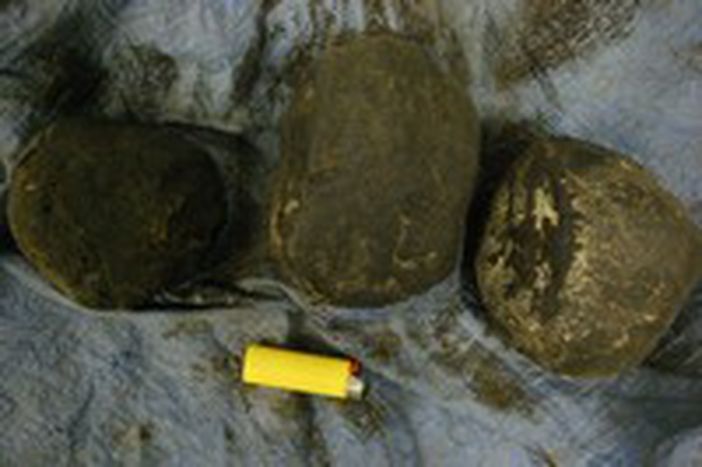
Opium, the green gold of Afghanistan
Published on
Translation by:
 olivia somers
olivia somers
Despite the efforts of the United Nations and the government, the production of opium continues to grow, inundating Europe with tonnes of heroin.
In spite of the recent show-case elections, Afghanistan remains a drifting country. According to the 2004 statistics, the country single-handedly provides over two thirds of the world’s opium supply. These figures make the fragile democracy of President Hamid Karzai the world’s primary producer of heroin. This business, introduced at the beginning of the 1980s, represents the main income for the country’s economy.
Heroin sans frontières
Refined in Turkish laboratories or directly in loco, the Afghan drug is then prepared to be distributed to its numerous European clients, using several methods of infiltration. One of which allows the heroin to move through Central Asia, the Caucasus, Russia and Ukraine, before finally arriving in Poland and Germany. From there the heroin is sorted and sent westwards, passing through Belgium and Holland until it reaches the United Kingdom. According to the calculations of the British government, 90% of English 'brown sugar' heroin comes from Afghan opium, compared with 5% in the United States. This is said to be due to the abolition of borders in the EU as a result of the Schengen treaty. With the fall of the Berlin wall and the collapse of the USSR, whilst drug addiction was falling in England and France, heroin found new consumers to the east, above all in Poland, Hungary and the Czech Republic. In Warsaw, the number of heroin addicts admitted for treatment rose from only 3 in 1995 to 1,466 in 2000. Is this an effect of globalisation?
A democracy full of obstacles
Strong teamwork is needed in order to prohibit the appalling surge of heroin into Europe. Europol, an organisation which encourages the EU member states to collaborate in the fight against crime, is working in this direction. However, this is not enough. The problem needs to be uprooted at the source, where the production takes place: in Afghanistan.
According to the World Drug Report of the United Nations Office on Drugs and Crime (UNODC), in 2004 the illicit cultivation of opium covered a total 131,000 hectares, compared to 80,000 hectares in 2003. This business involves, for the first time, all 24 Afghan provinces, and between 12 and 14 percent of the farming population; a record that has never before been registered. In spite of a fall in cultivation in certain areas of the country, the data seems to exclude the fact that the circumstances are getting better in a short period of time on a national level. Antonio Maria Costa, Executive Director of UNODC, defines the problem as “extremely serious”, since the connection between drug trafficking and international terrorism could (among other things) undermine the country’s stability. “The traffic of opium”, Costa adds, “is possibly the biggest obstacle for democracy, given that it is the main reason for the corruption of officials which shows that the government is inefficient”.
Cooperation or death
The United Nations and the government are working together, shoulder to shoulder, in the fight against opium cultivation. The country’s new constitution officially sanctions its illegality, threatening to use tractors to destroy the unlawful fields. Yet the farmers won’t give in. For some it is their only source of income. 70% of Afghans live under the poverty line, often these are families who have lost their fathers to the war and the means of support lie solely with the women. In fighting against the threat of poverty and famine, laws alone are not enough. While the United Nations hopes for a joint intervention on the part of the international community, the head of the Counter Narcotics Directorate of Afghanistan (CND), Mirwais Yasini, believes that they should first of all improve the farmer’s quality of life, giving them better means of irrigation, new roads, and so give them the possibility of harvesting alternative crops.
Translated from Oppio, l’oro verde afghano


